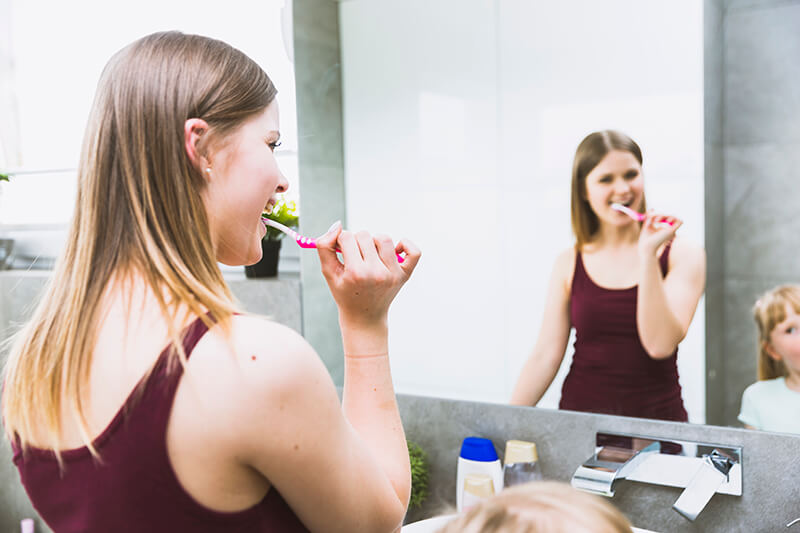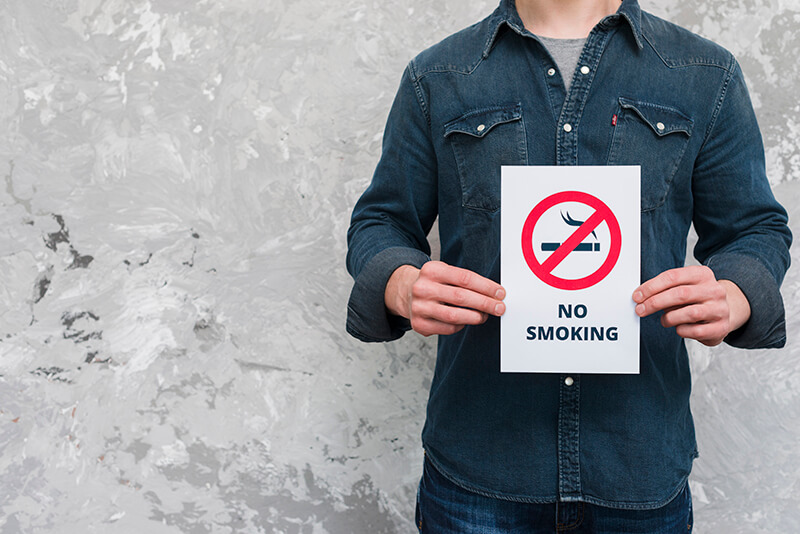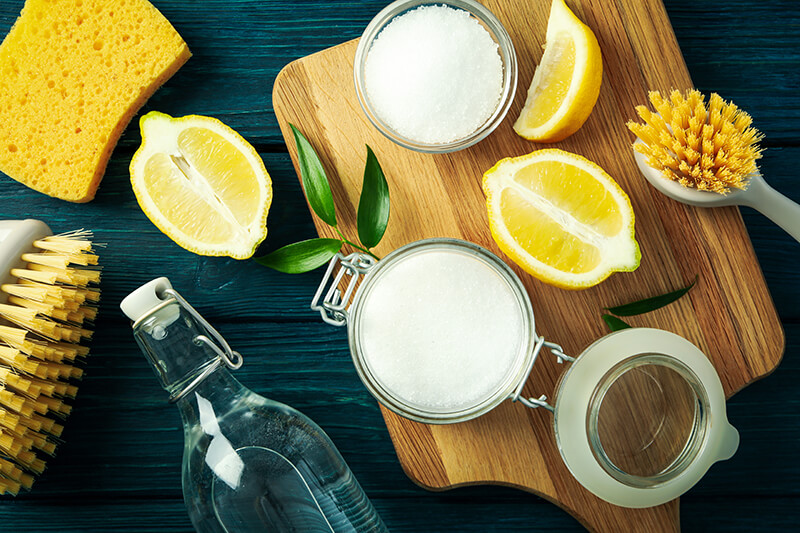- + 66 (0) 88 919 2995
- healthysmiles@bangkokdentalspa.com
7 Tips for Looking After Your Veneers
Dental veneers are an excellent solution for stained, misaligned, chipped or misshapen teeth.
They fit over the front surface of your teeth and help cover any cosmetic imperfections. Your new set of veneers can last anywhere from 10 to 30 years, but you’ll need to ensure you’re properly taking care of them. So, how to keep your new veneers in their most pristine state for a long time? Today, we’re discussing tips on looking after your veneers the correct way.
Table of Contents
Add a header to begin generating the table of contents

1. Brush your teeth
If you already have a good dental hygiene regime, you’re off to a good start. If not, it’s high time you looked into your oral care routine. Why? Because just like your regular teeth, veneers are susceptible to plaque and bacteria buildup.
When brushing, try to avoid abrasive toothbrushes and toothpaste. Invest in a soft-bristled manual or electric toothbrush and brush your teeth twice a day. Ideally this should be done after meals.
2. Floss daily
Next up is flossing. This will help protect your teeth, veneers, and gums. It’s a good idea to floss at least twice a day to avoid food particles getting caught in between your teeth. Finally, using antiseptic mouthwash once or twice a day to kill bacteria and reduce plaque may be a helpful addition to your oral health regime, although not absolutely necessary. Just make sure you choose an alcohol-free mouthwash, since alcohol-based products can damage the dental bonding material that is used to hold the veneer to the tooth.
3. Don’t bite into hard foods
Dental veneers are highly durable and made to withstand chewing food and gum. However, while most foods are safe to consume with veneers, you should try to avoid biting into hard foods, such as hard candy, toffee apples and ice.
If you have temporary veneers, you should avoid hard foods, such as meat on the bone, raw vegetables and hard candy altogether. Sticky candies and toffees as well as crunching on ice should also be avoided.
Also try to avoid biting your nails, chewing pencils, and using your teeth as a tool for opening plastic packaging or bottles, as these could cause your veneers to break or chip. Whether it’s a party trick or a bad habit that’s developed over the years, these behaviors could hurt your dental health overall, so it’s never too late to stop doing them.

4. Avoid smoking and excessive alcohol consumption
One of the benefits of porcelain veneers is that they are very stain resistant. This means that unlike natural teeth, smoking is unlikely to alter the color of your veneers. However, the bonding material that binds the veneers to your teeth can be stained by nicotine, creating a yellowish or brown tinge along the edges of your teeth. Heavy smokers also have a higher risk of gum disease and other oral health problems, so it’s safe to say that cutting down or quitting smoking altogether is highly beneficial for your dental and overall health.
Well-designed and properly bonded veneers shouldn’t be significantly affected by moderate alcohol consumption either. With that being said, there are a few reasons why excessive alcohol consumption should be avoided. For one thing, heavy drinking has been linked to gum disease and tooth decay, both of which can shorten the lifespan of your veneers. Certain drinks, such as red wine, can also cause the bonding cement under the veneers to darken over time, leading to unsightly stains around the margins.
5. Avoid grinding your teeth
Some people tend to grind or clench their teeth unconsciously when they are awake or asleep. This is known as bruxism. The pressure of teeth grinding is not only bad for your veneers, but also harmful for your teeth and your jaw. If you think you may have a tendency to grind your teeth at night, it’s better to speak with your dentist as soon as possible. They can examine your teeth for signs of bruxism and help you with an appropriate treatment, such as a nighttime bite guard (occlusal guard). This device will protect both your natural teeth and your veneers.

6. Eat acidic foods as part of a main meal
Drinking or eating acidic foods, such as citrus fruits, tomato-based foods, carbonated drinks and sour candies, can wear down your tooth enamel, the off-white outer covering that protects your teeth. While porcelain veneers are highly resistant to the acids found in these foods, over time they can soften and erode the bonding material between your natural teeth and the veneers.
Of course, the vitamin C in citrus fruits and the lycopene in tomatoes both help fight free radicals, so they are definitely part of a healthy diet. However, you can minimize damage to your veneers by eating them as part of a main meal, not snacking on fruits and candies throughout the day, and drinking fruit juices and carbonated beverages with a straw. And always leave at least half an hour after eating acidic foods before brushing your teeth.
7. Get regular dental check-ups
Drinking or eating acidic foods, such as citrus fruits, tomato-based foods, carbonated drinks and sour candies, can wear down your tooth enamel, the off-white outer covering that protects your teeth. While porceRegular dental check-ups are important for healthy teeth, and people with dental veneers are no exception. We recommend visiting your dentist for a regular check-up at least once every six months. This will ensure your gums and teeth remain healthy, and that any potential problems with your veneers are nipped in the bud before they become more serious.in veneers are highly resistant to the acids found in these foods, over time they can soften and erode the bonding material between your natural teeth and the veneers.
Of course, the vitamin C in citrus fruits and the lycopene in tomatoes both help fight free radicals, so they are definitely part of a healthy diet. However, you can minimize damage to your veneers by eating them as part of a main meal, not snacking on fruits and candies throughout the day, and drinking fruit juices and carbonated beverages with a straw. And always leave at least half an hour after eating acidic foods before brushing your teeth.
